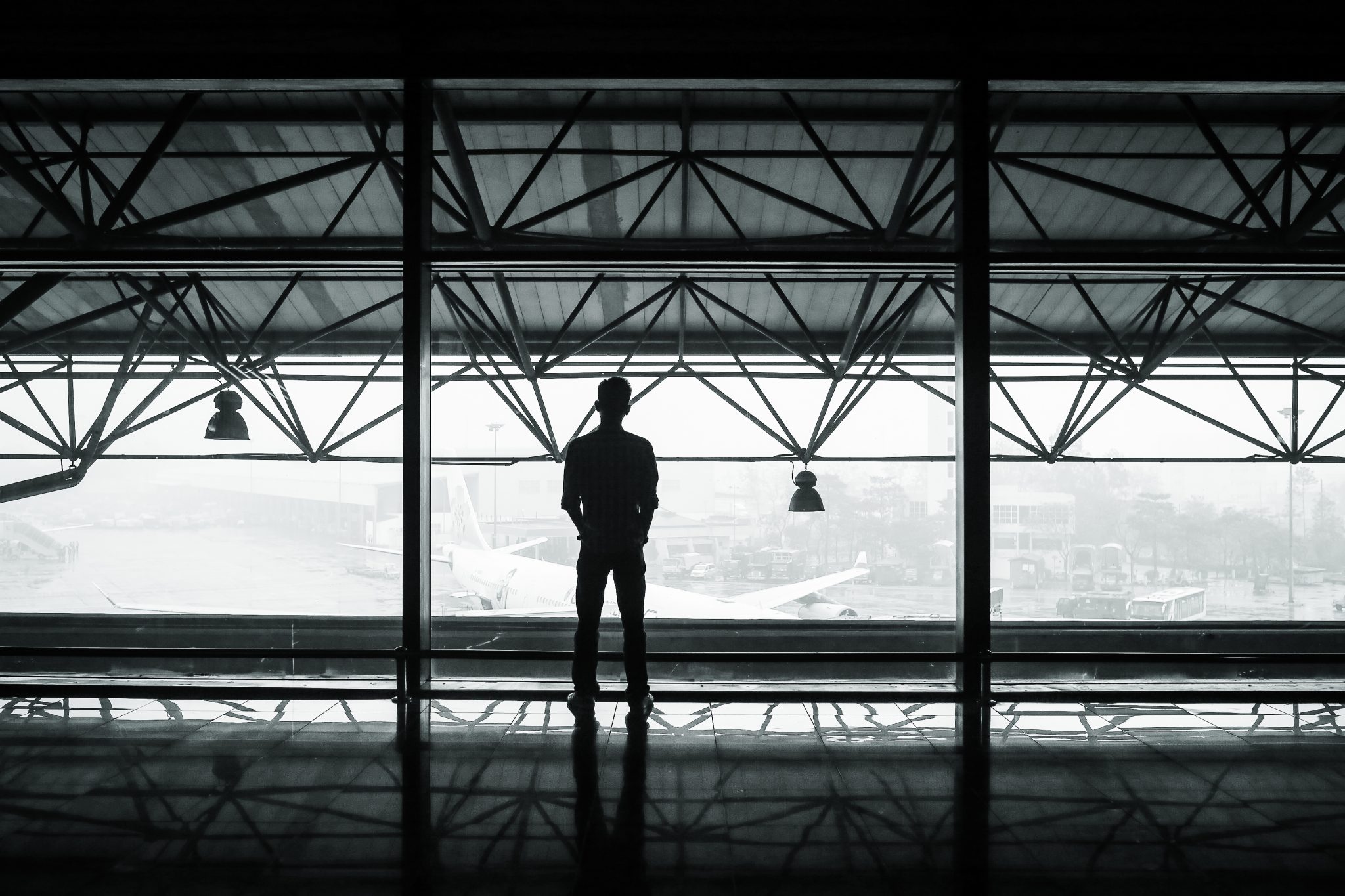Immigration Lawyers in Canada Painfully Aware of Limitations Refugee Claimants Face
According to immigration lawyers in Canada, people who come to Canada as refugee claimants face a tremendous number of barriers preventing them from accessing justice. As told by our top refugee lawyer, for our country’s immigration system to be truly fair to asylum seekers, these six barriers (paraphrased from this article) must be addressed:
Financial Insecurity
Claimants who arrive in a precarious financial situation are forced to rely on legal aid, which if granted only covers a portion of the cost of a refugee lawyer—and there is also the distinct possibility of not receiving any legal aid at all.
Shortened Timelines
In recent years, the application process for refugee claimants has become increasingly quick. While this might initially sound beneficial, it has had the opposite effect for many claimants, particularly those from Designated Countries of Origin. Even if they get representation from immigration lawyers in Canada, those lawyers will have very little time to build a case, especially if any important documentation was lost or left behind while fleeing.
Cost of Travel
Not all claimants arrive in a city with an Immigration and Refugee Board (IRB) location—and now that the IRB hearings office in Ottawa has been closed to reduce government spending, claimants in the region will need to travel to Montreal to have their case heard.
Claimant Vulnerability
Refugees who fled from persecution or violence based on gender or LGBTQ-based oppression face a more difficult time supporting their claim, even with the help of a refugee lawyer. The same is also true for claimants with disabilities, especially when proving disability is a time-consuming process in an already-short timeline. Abuse victims and sufferers of PTSD may have difficulty testifying, especially if cultural norms in their country of origin would prohibit discussion on the subject. People whose home countries have outlawed homosexuality or being transgender may not be able to prove their orientation or gender without corroborating evidence.
Public Perception
There are negative public attitudes towards migrants of any kind, and particularly towards refugees—it’s necessary to admit that these attitudes exist, so that they may be confronted. Perceptions of refugee claimants as fraudulent, and as “freeloaders” who wish to take advantage of our country’s resources and health care, are not only ill-informed, but also harmful: those reviewing an application are only human, and therefore not immune to having their own attitudes affected by these biases.
Limitations to Unsuccessful Claimants
If a claim has been denied by the IRB, the claimant and their refugee lawyer will be unable to take certain next steps for a period of one year. These include a humanitarian and compassionate application, as well as a pre-removal risk assessment, which is meant to prevent deportation back to life- or safety-threatening circumstances, including torture. In this one-year period, a claimant may face deportation.
To ensure the safety of refugee claimants who come to our country, these six barriers to justice must be addressed by government officials and immigration lawyers in Canada alike.
Share this article
Arghavan Gerami
Arghavan Gerami is the Founder and Senior Counsel at Gerami Law Professional Corporation ('PC'), a full-service immigration law firm in Ottawa, Ontario. Since 2011, Ms. Gerami has focused her practice on immigration and refugee litigation. Prior to that, Ms. Gerami worked at the Ministry of Attorney General and the Department of Justice and had the privilege of serving the Honourable Mr. Justice M. Evans at the Federal Court of Appeal on immigration and administrative law appeals. Ms. Gerami contributes to the Immigration Law Section of the Canadian Bar Association, the Canadian Association of Refugee Lawyers, and the United Nations High Commissioner for Refugees. Ms. Gerami has also published numerous journal articles and presented at various immigration and refugee law conferences and events across Canada.

